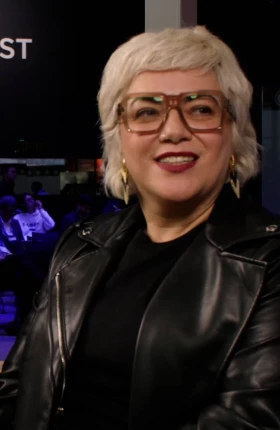
Education
- MBA, Université Paris 13
- BASc, Athens University of Economics and Business
Amaryllis Liampoti is the Global Growth Leader for BCG X, Boston Consulting Group's tech build and design unit. Her expertise lies in accelerating business growth through advanced, scalable, and data-driven marketing solutions enhanced by AI technologies.
From conceptualization to implementation and change management, her work is rooted in a deep passion for real impact. Amaryllis collaborates closely with c-suite executives and global leaders to drive dynamic transformative growth.
Amaryllis joined the firm in 2017, after having held several influential senior leadership roles in high-growth tech enterprises. Her previous positions include CMO and Vice President of Marketing roles at Rocket Internet, and Director of Organic Growth at eDreams, where she leveraged AI tools to optimize marketing outcomes. Amaryllis is also a co-founder of the travel company, Campsy, which she scaled using cutting-edge marketing engines.











